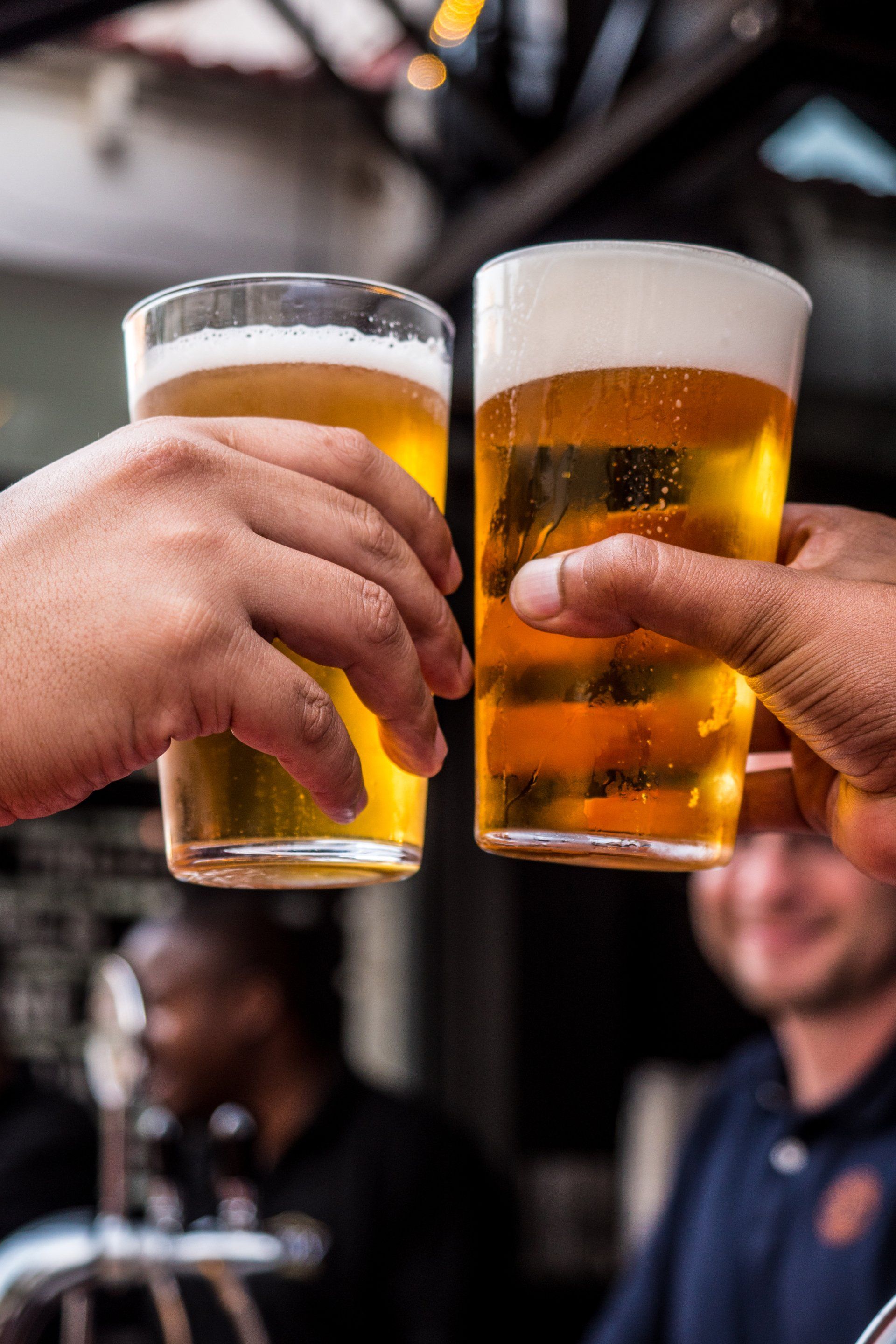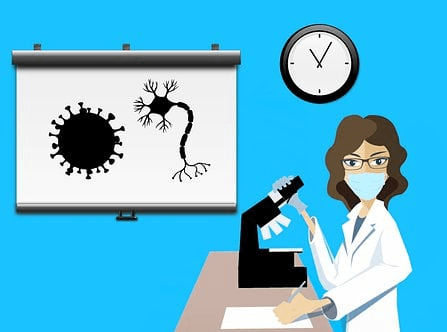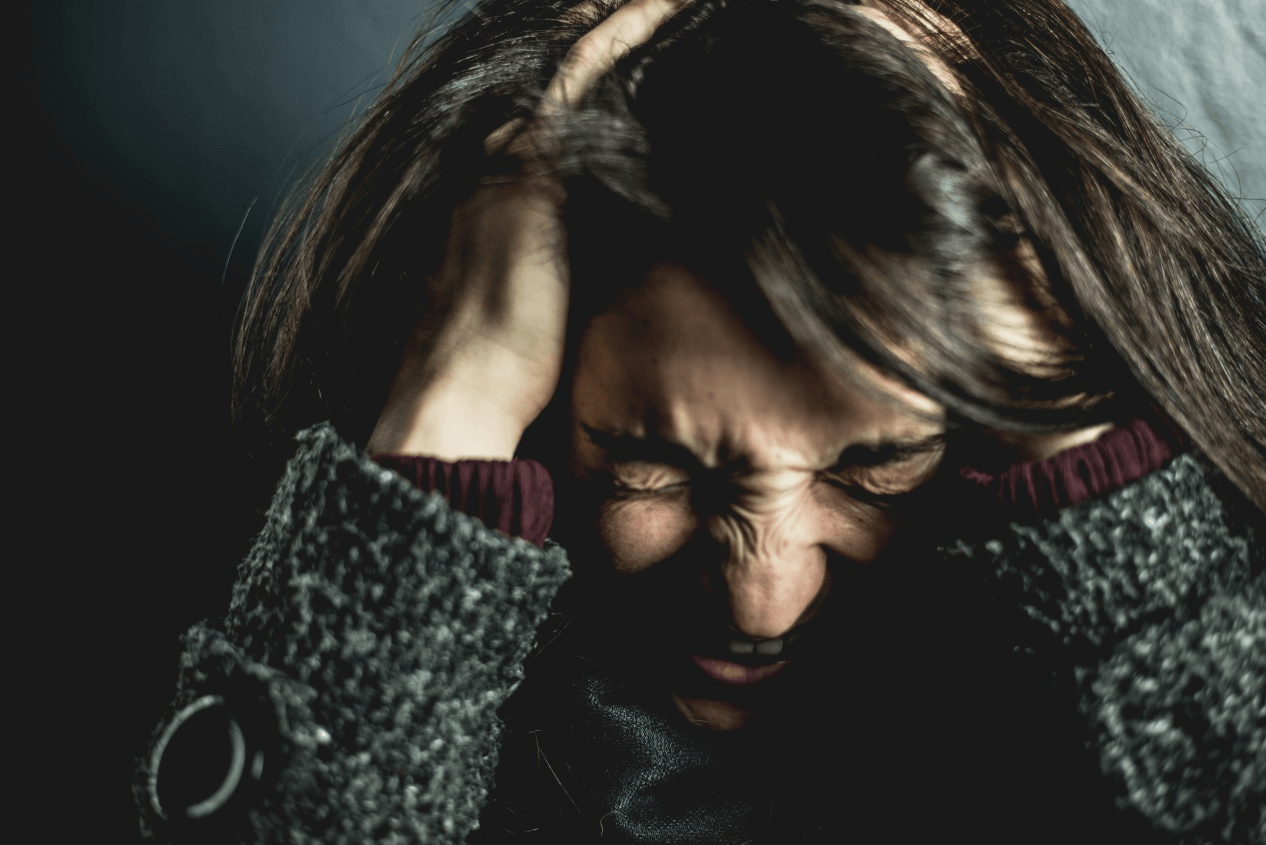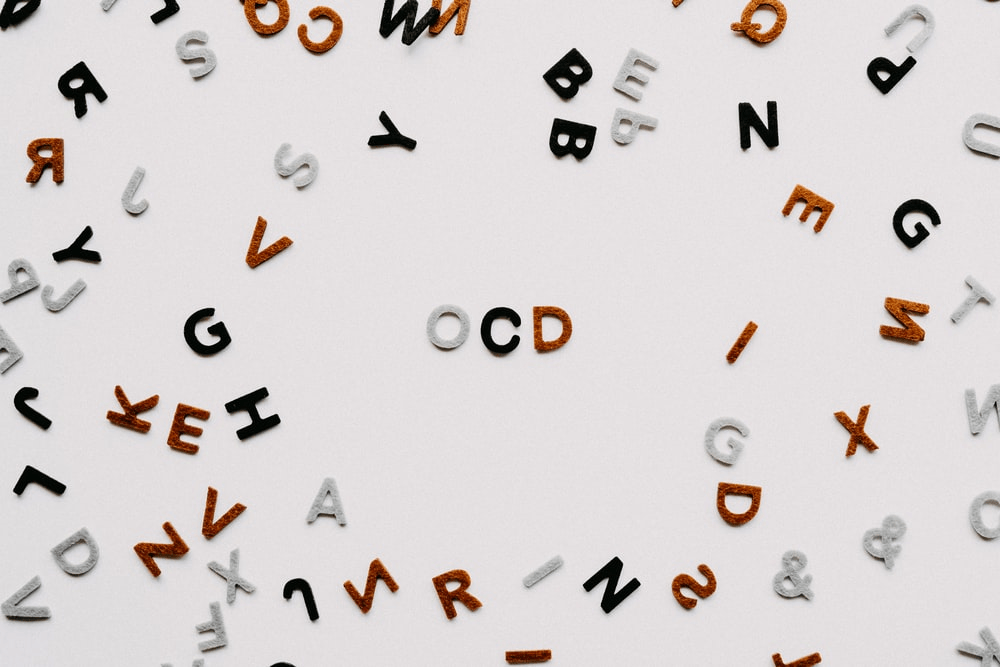Dealing with PTSD: 3 Expert Tips You Should Follow
Post-traumatic stress disorder or PTSD has long-term and devastating impacts and effects. PTSD symptoms can have a detrimental influence on physical and mental health and affect your social and work life. You can feel lonely, have problems keeping a job, be unable to trust others, and have difficulty managing or showing your emotions.
It is possible to learn healthy coping skills for PTSD, providing a sense of happiness, control, and hope in your life. PTSD symptoms can affect many aspects of our lives, and it’s critical to pay attention to each to make progress towards a successful recovery.
Why Dealing With PTSD Is Important?
If you have PTSD, you’re at a considerably high risk of getting depression, struggling with substance abuse issues, anxiety, and eating disorders. Researchers discovered that individuals with PTSD are five times more likely to have certain anxiety disorders and six times more likely to develop depression than non-PTSD people. Suicide attempts are six times more prevalent in those with PTSD than those without the condition. They are also likely to deliberately self-harm.
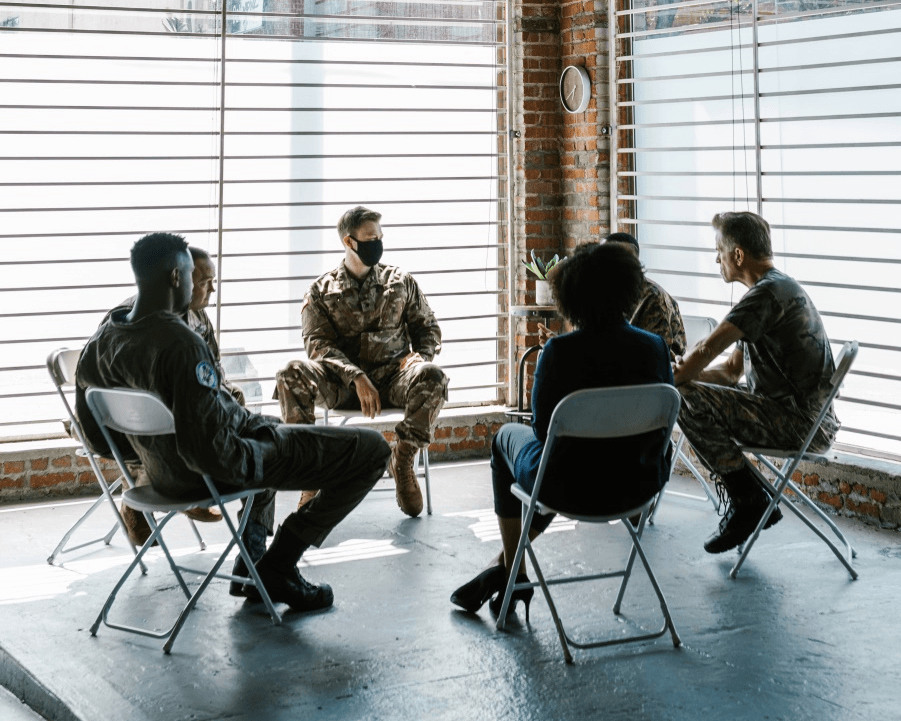
PTSD Coping Strategies
Make Connections With Supportive People
Group therapy, seminars, community gatherings, and online support forums are just a few of the group-based options available in-person and online. Sharing and connecting with people experiencing the same things might help you overcome feelings of loneliness and realize that you have friends and are understood.
Interacting with individuals recovering and in different stages of the process can benefit your recovery. You can increase your knowledge about new and developing treatments like ketamine therapy. It also helps you connect with expert doctors and learn coping skills.
Spend Time With Loved Ones
People who have PTSD frequently withdraw and shy away. Irritation, anger, anxiety, and a sense of being overwhelmed are just a few reasons why staying separated instead of being with people may feel better.
Be mindful that if you live with your family members, they are most likely to observe these changes. Often, individuals are unsure how to assist or are reluctant to speak up for fear of creating more mental distress. Spending time with your loved ones can benefit all parties involved. Here are some activities you can do with your family members:
· Taking a stroll
· Having breakfast in the morning together
· Speak with them at least for 15 minutes daily
· Play board games or sports together
Mindfulness
Making time for meditation, prayer, and related mindfulness exercises can help you calm your nerves. People with PTSD often experience intense nervousness due to increased stress levels and anxiety. If the idea of this makes you feel uneasy, remember that there is no obligation to perform these tasks.
Even just three minutes of peace and quiet per day might seem like a win. The purpose of such activities is to be completely focused on the present moment and to free yourself from any judgment.
An effective way to cope with PTSD would be by obtaining ketamine infusions for PTSD. If you’re looking for ketamine infusions for PTSD, check out Ketamine Wellness. We offer ketamine treatment for chronic pain, OCD ketamine treatment, ketamine infusions for depression, and ketamine treatment for PTSD. Schedule a free consultation with us today!



